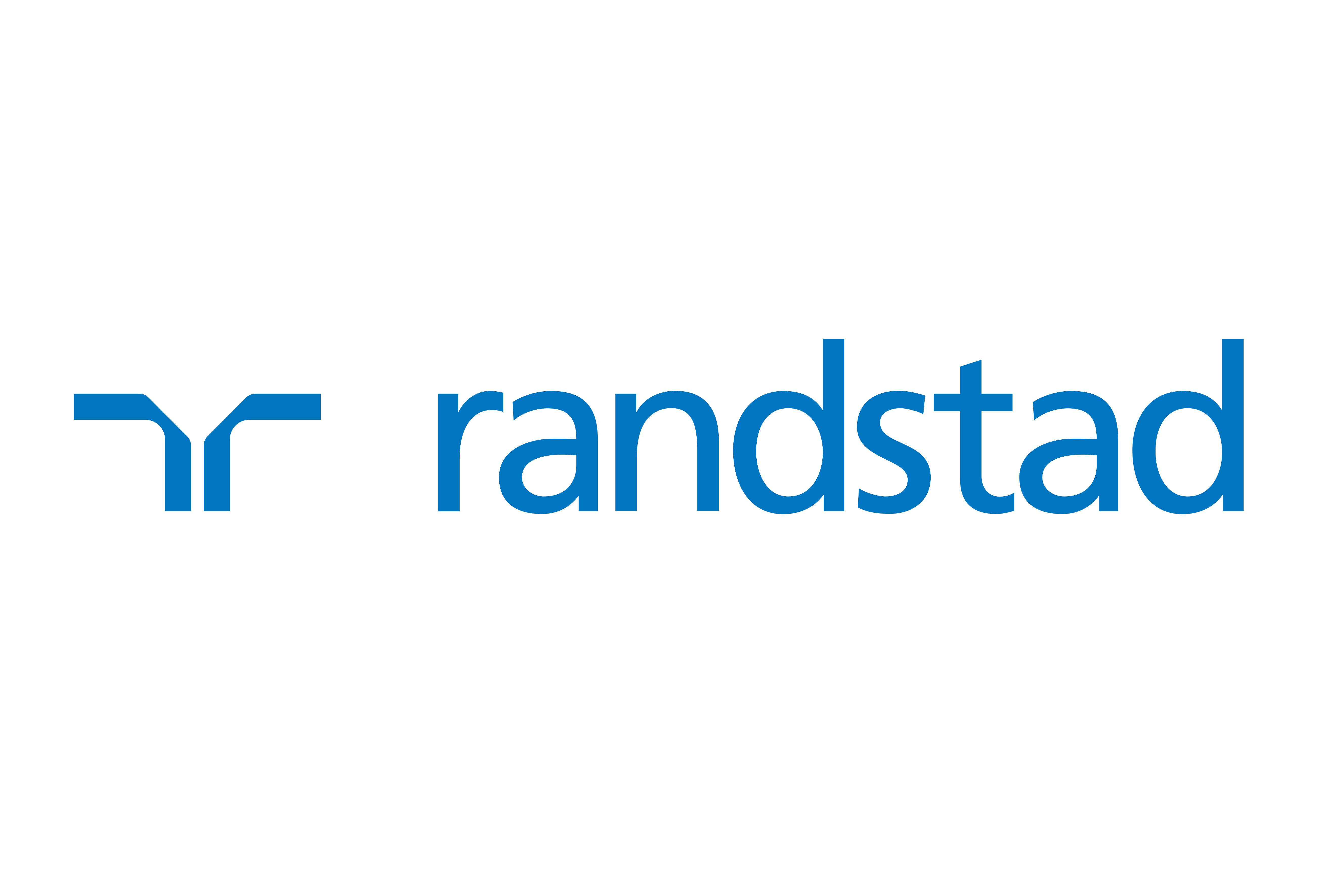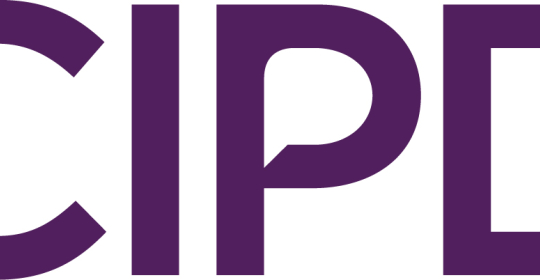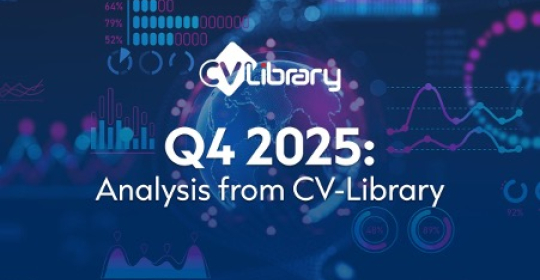- 1 in 3 Gen Zs plan to change jobs within the next year, citing a lack of progression and purpose as key drivers
- AI’s impact across sectors has contributed to a decline in entry-level job postings of 29 percentage points since January 2024, limiting traditional career pathways
- 75% of Gen Z are using AI to upskill - far more than any other generation - yet unequal access to formal training risks creating a new digital divide.
Gen Z talent are entering the job market with ambition, confidence and a desire to grow - but they’re doing so in a world with fewer entry-level opportunities and rising workplace expectations. That’s the story behind Randstad’s latest report, the Gen Z workplace blueprint: future focused, fast moving.
Based on Randstad’s new global survey of 11,250 workers across 15 markets and analysis of over 126 million job postings globally, the report reveals that Gen Z’s average tenure in the first five years of their career is just 1.1 years, significantly shorter than Millennials (1.8), Gen X (2.8), and Baby Boomers (2.9).
But short stints don’t equal short-term thinking. Gen Z is not job-hopping for the sake of it. Rather, they’re moving because of their ambition and a perceived lack of pathways within the roles they are exiting. In fact, 1 in 3 Gen Z workers plans to change jobs within the next year, underscoring a generation that is mobile, not because of disloyalty, but because of a drive for growth. They seek clear development paths, AI-enabled learning, flexibility, and work that aligns with their values.
Sander van ’t Noordende, CEO of Randstad, comments: “Gen Z is stepping into the workforce amid transformation, not just responding to change, but driving it. They’re ambitious, adaptable, and searching for growth. Employers who want to retain them must rethink how they design early careers and build trust through purpose and progression.”
A generation facing fewer doors but eager to build new ones
The career ladder we expected Gen Z to climb is missing a few rungs. Global job postings for roles requiring 0–2 years of experience have declined by an average of 29 percentage points since January 2024, reshaping access to entry-level opportunities. For example, junior tech roles have declined by 35%, logistics by 25%, and finance by 24%.
Yet instead of standing still, Gen Z is forging new paths.
Only 45% currently hold traditional full-time roles, while among those Gen Z talent who are employed full-time, 31% would prefer combining a full-time role with a second job on the side: a ‘side hustle’. This is not out of disinterest, but likely to build experience, diversify income and gain greater career control. Over half (52%) are actively looking for a new role, and a mere 11% plan to stay in their current job long term.
The implication is that Gen Z’s high mobility isn’t a flight risk - it’s a reflection of their unmet ambition, as 41% of Gen Z report that they always consider long-term goals when making job decisions - higher than any other generation. And second to pay, Gen Z talent say that a lack of career progression is their biggest driver for change.
AI is both challenge and opportunity - and Gen Z knows it
Gen Z is embracing AI to build their careers, but not everyone is getting the same chance. While the majority use AI to upskill, concern has grown: 46% say they worry about the impact of the technology on their jobs, up from 40% last year. For many, this reflects a broader shift - entry-level roles are evolving fast, and younger talent is expected to bring tech fluency from day one, rather than learn on the job as previous generations did.
Nevertheless, the report finds that among Gen Z talent:
- 55% use AI to problem-solve at work (compared to 54% of Millennials, 42% of Gen X, and 33% of Baby Boomers)
- 50% use AI tools in their job search, far ahead of Gen X (37%) and Baby Boomers (29%)
- 75% use AI to learn new skills, ahead of Millennials (71%), Gen X (56%) and 49% of Baby Boomers.
Their confidence matches their adoption: 79% of Gen Z say they can learn new skills quickly, and 58% are excited about AI’s potential in the workplace.
However, access gaps persist. Men are more likely than women to receive AI training (46% vs. 38%), and white-collar workers report far greater exposure than those in operational roles.
For employers, the challenge is clear: AI must be integrated into development strategies - not just for some, but for all.
Turning mobility into a leadership advantage
Gen Z has the highest attrition rate of any generation: 22% have already left a job, nearly double that of Millennials. This is, however, not a disengaged workforce. In fact, the data shows a high-performing generation with strong values and a clear desire to advance.
Industries like IT, healthcare, and financial services are already seeing stronger retention where roles align with Gen Z’s long-term goals. These sectors indicate that when employers provide visible career paths, purpose-driven roles, and relevant upskilling, Gen Z is ready to commit. The tech industry stands out as a top destination: even if they start elsewhere, Gen Z gravitates toward tech, with net gains of 70% - meaning for every 100 Gen Z workers who leave other industries, 70 move into tech.
Sander van ‘t Noordende adds: “Employers have a choice. They can see mobility as a risk - or they can see it as an invitation. With the right approach, Gen Z’s ambition can fuel innovation, leadership, and long-term impact.”
What this means for employers and for Gen Z talent
For employers:
- Rethink entry-level jobs: Design them as stepping stones to real growth.
- Build trust with purpose: Gen Z values flexibility and growth opportunities - deliver on these to earn loyalty.
- Skilling must be equitable: AI fluency and opportunity can’t be limited to a few.
For Gen Z:
- Stay proactive: Side hustles, AI tools, and learning agility are advantages — not gaps.
- Ask early about growth: Employers that support your path are out there.
- Don’t underestimate your value, even if you don't meet every job requirement. Entry level roles are changing fast, and your ability to learn quickly and use tech is a strong advantage.
Key global statistics
Career ambition and mobility
|
Statement |
Gen Z |
Millennials |
Gen X |
Baby Boomers |
|
Average job tenure in first five years (years) |
1.1 |
1.8 |
2.8 |
2.9 |
|
Attrition rate: % left a job within a year |
22% |
9% |
5% |
5% |
|
Plan to leave current job within 12 months |
33% |
21% |
16% |
18% |
|
Intend to stay indefinitely |
11% |
20% |
28% |
23% |
|
Always consider long-term career goals when changing jobs |
41% |
37% |
28% |
25% |
|
Cite lack of career progression as a main reason for leaving (after pay) |
14% |
14% |
11% |
8% |
The changing job market
|
Statement |
% |
|
Drop in entry-level job postings since Jan 2024 |
-29pp |
|
Decline in tech job postings |
-35% |
|
Decline in logistics job postings |
-25% |
|
Decline in finance job postings |
-24% |
|
Gen Z working in a single traditional full-time role |
45% |
|
Of full-time Gen Z workers, those who would prefer a side hustle |
31% |
Tech and AI
|
Statement |
Gen Z |
Millennials |
Gen X |
Baby Boomers |
Male |
Female |
White-collar |
Blue-/Grey-collar |
|
Excited about AI potential in workplace |
58% |
60% |
52% |
46% |
58% |
54% |
63% |
50% |
|
Use AI for problem-solving at work |
55% |
54% |
42% |
33% |
52% |
48% |
58% |
42% |
|
Use AI in job search |
50% |
50% |
37% |
29% |
47% |
44% |
50% |
41% |
|
Use AI to learn new skills |
75% |
71% |
56% |
49% |
70% |
66% |
73% |
58% |
|
Worried about AI’s career impact |
46% |
42% |
39% |
36% |
42% |
44% |
43% |
42% |
|
Received AI training |
42% |
42% |
29% |
22% |
46% |
38% |
50% |
35% |
Workplace mindset
|
Statement |
Gen Z |
Millennials |
Gen X |
Baby Boomers |
Total average |
|
Report they can learn new skills quickly |
79% |
84% |
85% |
86% |
82% |
|
Rejected for a role due to lack of skills |
46% |
42% |
34% |
24% |
41% |
|
Do not feel confident to find another job |
41% |
39% |
36% |
29% |
38% |
|
Would accept job with unaligned values for strong pay/benefits |
60% |
60% |
57% |
49% |
58% |
|
Feel fully motivated and engaged in current role |
64% |
71% |
75% |
79% |
69% |
|
Feel current job aligns with dream career |
56% |
61% |
59% |
63% |
58% |
about randstad
Randstad is a global talent leader with the vision to be the world’s most equitable and specialized talent company. As a partner for talent and through our four specializations - Operational, Professional, Digital and Enterprise - we provide clients with the high-quality, diverse and agile workforces that they need to succeed in a talent scarce world. We help people secure meaningful roles, develop relevant skills and find purpose and belonging in their workplace. Through the value we create, we are committed to a better and more sustainable future for all.
Headquartered in the Netherlands, Randstad operates in 39 markets and has approximately 40,000 employees. In 2024, we supported over 1.7 million talent to find work and generated a revenue of € 24.1 billion. Randstad N.V. is listed on the Euronext Amsterdam.
For more information, see www.randstad.com.






